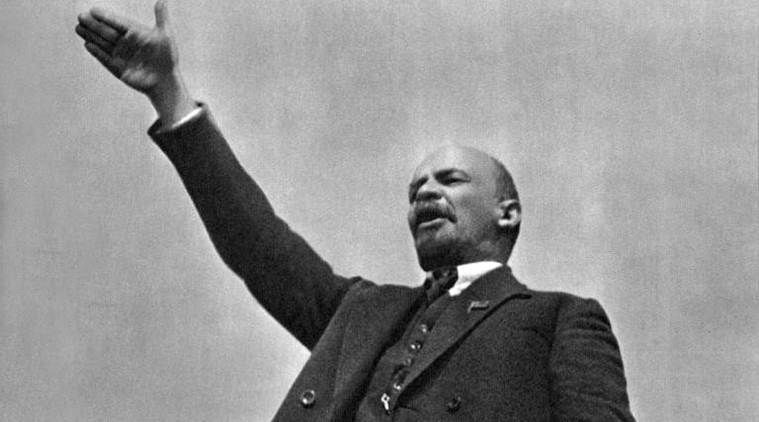April 22, 2020, marks the 150th birth anniversary of Lenin. He was one of the greatest theoreticians of Left politics after Karl Marx. He was an excellent strategist and tactician, who led the first socialist revolution in 1917, in Russia. He was the head of the first socialist country and founder of the Union of Soviet Socialist Republics (USSR).
While it is appropriate that the working people of the world pay their tributes to the leader who changed the course of history by establishing a government of the working classes and laid the foundation for a new social order, there is a need to look at socialism in the context of the ongoing debate on the world post-Covid.
The lockdown forced by the corona epidemic has triggered agitations by the hungry, homeless and jobless poor and proletarian workers in many countries, including the US. Many scholars are recalling the Great Depression while debating the impact the pandemic is likely to have on the global economy. The Great Depression is conventionally dated from October 28, 1929, when the Dow Jones Industrial Average fell more than 20 per cent in a single day. However, the depression began in the first decades of the 20th century. The crisis of overproduction and over-accumulation led to the collapse of purchasing power and investment, creating massive unemployment and other related problems. The economic depression during 1929-32 shook all of Europe and the US. During this period the economy of the US was in competition and conflict with Europe, generating homelessness, migration, hunger and unimaginable miseries. The crisis of capitalism and the conflict among the capitalist countries led to World War I. Half a century earlier, Marx had published the first volume of Capital, in which he established that capitalism is a crisis-ridden economic system.
At the beginning of the Great Depression, Lenin was leading the revolution in Russia. He argued that capitalism reached its highest stage in monopoly capitalism and thereafter, became parasitic and moribund. His work, “Imperialism: The highest stage of capitalism”, was a response to the crisis. The October Revolution was waged in the backdrop of the Great Depression and World War I. The USSR was projected as an alternative to the capitalist order that ensured equality and justice to all.
It’s now 90 years since the Great Depression. Those experiences and lessons are relevant even today. The current stage of capitalist development has created unprecedented income and wealth inequality within the country and among the nations. Capitalism is in deep crisis. The world, after corona recedes, is not going to be the same. The economic crisis will worsen.
It is imperative to reflect on the economic ramifications of this evolving scenario in all the countries. Even in the name of the coronavirus, attempts are on to spread fear and terror among the people in the name of religion. There has been the enduring dream of a New World where people reside without fear and dread, worries and sufferings. Marx and Lenin would not hesitate to align with these leaders and thinkers of our country. But corporate capitalism will not allow any alternative outside the capitalist structure. Right-wing and neo-liberal forces have already captured power in many countries, including European Union. These forces will dismantle democracy by encouraging fascist forces who claim to act in the name of radical national renewal and “democracy”.
When we pay tributes to Lenin, we should not fail to think about ways to liberate people from all kinds of exploitations and enslavement.
Source: Indian Express
